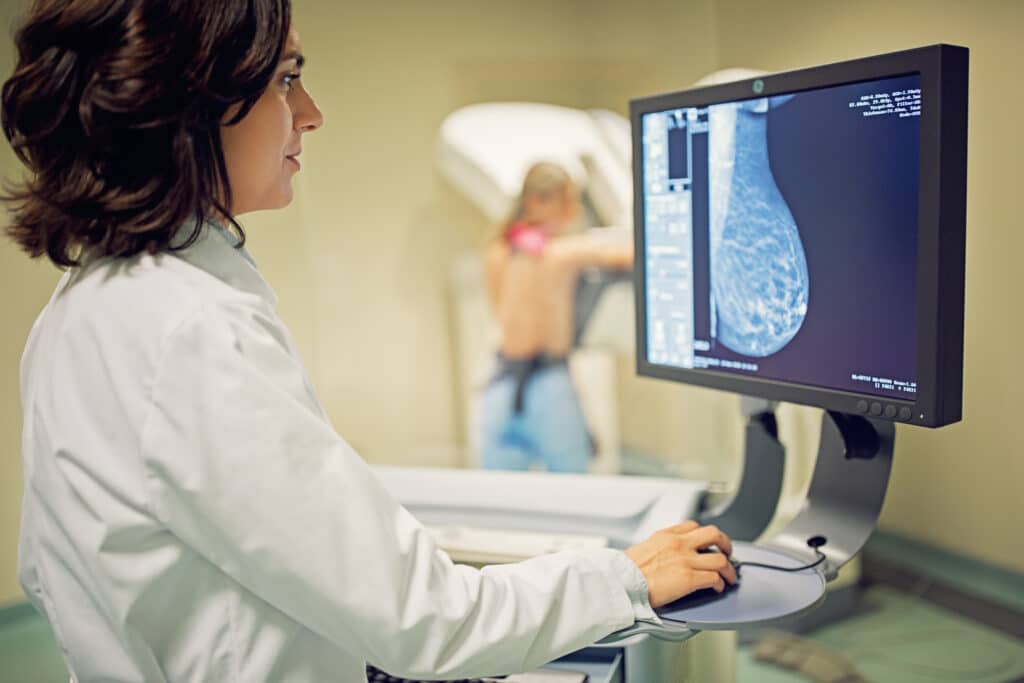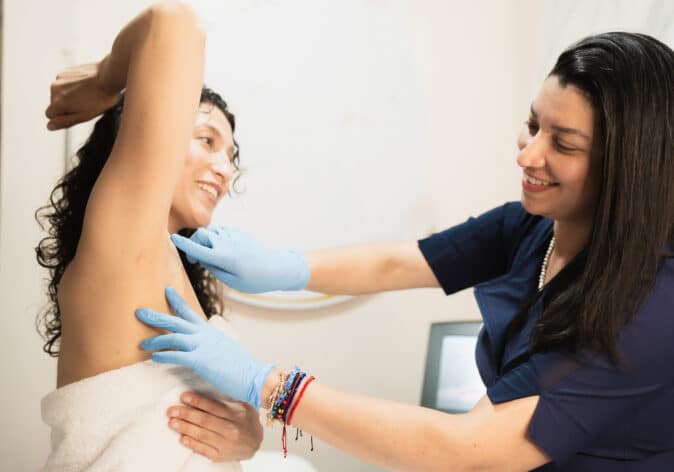The PROSPECT clinical trial has revealed promising results, offering a new perspective on the role of preoperative magnetic resonance imaging (MRI) in breast cancer treatment. The results of the study, conducted by Breast Cancer Trials in Australia, suggest that MRI scans could help identify early-stage breast cancer patients treated with wide local excision who can safely forego radiation therapy. The findings were presented at the American Society of Clinical Oncology (ASCO) international conference.
This trial challenges the current standard treatment protocol for selected early breast cancer patients. Currently, most women undergo radiotherapy after a wide local excision (or lumpectomy or partial mastectomy) to treat any remaining cancer cells in the breast and minimise the chances of local recurrence. However, the PROSPECT trial aimed to evaluate whether MRI scans could effectively select women who don’t require radiotherapy due to an already low risk of cancer recurrence within the breast.
The trial’s hypothesis centred on the idea that many recurrences seen after wide excision without radiotherapy might be due to hidden ‘occult’ cancers. These occult cancers could be detected by MRI but not standard mammogram or ultrasound imaging. Consequently, patients with a clear MRI, showing no additional disease, might be able to safely avoid radiotherapy – and its associated side effects, inconvenience and costs.
Between September 2011 and May 2019, the trial screened 443 patients and radiotherapy was omitted in 201 of them. MRI scans discovered additional cancers or pre-cancerous areas in 11% of patients, who received usual treatment. A total of 242 participants were not able to have radiotherapy omitted as part of the trial due to factors including occult lesions, breast characteristics or tumour characteristics. After a median follow-up period of five years, the local recurrence rate for those who didn’t undergo radiotherapy was an impressively low 1%. The entire cohort also had a very low recurrence rate, suggesting that identifying and treating all cancerous areas is important in preventing cancer recurrence.
Highlighting the significance of the trial, PROSPECT study chair Professor Bruce Mann explained researchers are currently developing a follow-up trial to confirm the initial findings. “We are hopeful this will pave the way for many of those diagnosed with early low-risk cancer to safely receive less intense treatment with less physical and psychological impact, while maintaining a very low risk of cancer recurrence,” he says.
Publication:
Mann, B., Rose, A., Hughes, J., Skandarajah, A., Murugasu, A., Spillane, A., Chua, B., Zdenkowski, N., Badger, H., Braggett, H., Gebski, V., Eggins, R., Park, A., Collins, J., & Breast Cancer Trials. (2022). Primary results of ANZ 1002: Post-operative Radiotherapy Omission in Selected Patients with Early Breast Cancer Trial (PROSPECT) following pre-operative breast MRI. Journal of Clinical Oncology, 40(16_suppl), 572-572. https://doi.org/10.1200/JCO.2022.40.16_suppl.572
Support Us
Help us to change lives through breast cancer clinical trials research




